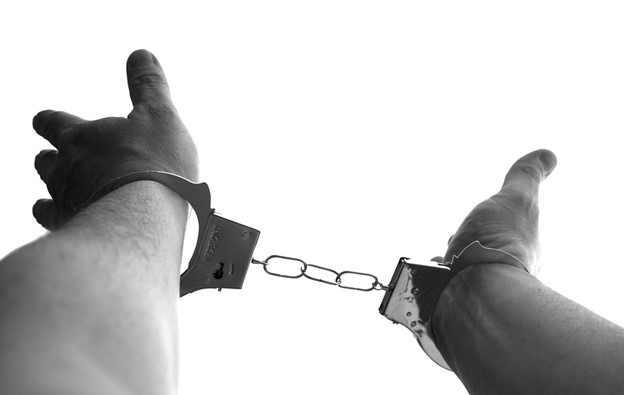What is Criminal Negligence?
When a person acts with reckless disregard for the evident dangers to human life and safety, this is referred to as criminal negligence. To convict a defendant of certain charges, the state must show that the defendant behaved with criminal carelessness. To prove that an accused behaved with criminal negligence in certain circumstances, a prosecution must establish the… Read More »
;
When a person acts with reckless disregard for the evident dangers to human life and safety, this is referred to as criminal negligence. To convict a defendant of certain charges, the state must show that the defendant behaved with criminal carelessness. To prove that an accused behaved with criminal negligence in certain circumstances, a prosecution must establish the following: He or she behaved carelessly and exposed himself/herself to a high danger of death or serious bodily...
When a person acts with reckless disregard for the evident dangers to human life and safety, this is referred to as criminal negligence. To convict a defendant of certain charges, the state must show that the defendant behaved with criminal carelessness.
To prove that an accused behaved with criminal negligence in certain circumstances, a prosecution must establish the following:
- He or she behaved carelessly and exposed himself/herself to a high danger of death or serious bodily damage
- A reasonable person would have anticipated such a danger.
It’s vital to remember that criminal negligence entails:
- the awareness of a threat, and
- more than a mistake or an unavoidable mistake.
Examples of Criminal Negligence
Here are some examples of people who have acted criminally negligent:
- Texting or using a phone while driving a car at a very high speed
- Launching a weapon into the air during a park celebration
- In hot weather, It is not a good idea to leave a newborn in an unattended car.
What is the difference between criminal and civil negligence?
There is a distinction between criminal and civil negligence, the plaintiff must prove the latter in a legal action involving injury or damage.
The term “civil negligence” refers to behavior that falls below a reasonable level of care. If established, an injured plaintiff can sue the defendant for damages for any harm caused by the defendant.
This sort of carelessness entails behavior that falls short of what a reasonable person would do in the same scenario. Civil negligence differs from criminal negligence in the following ways:
- just short of reasonableness
- Isn’t a huge divergence from a decent person’s behavior.
What is the relation between criminal negligence and intent?
Criminal negligence serves as a stand-in for criminal intent.
A defendant must act with “mens rea,” or “criminal intent,” to be found guilty of most crimes. Normally, this implies that a prosecution must show that a defendant committed the following actions:
- A deliberate act,
- purposefully,
- in a different mental state.
What are the most successful defense strategies?
To refute charges that an accused acted with criminal negligence, defense lawyers employ a variety of legal techniques
- As a result of a mistake or an accident, the accused performed an act.
- The defendant was unaware or should have been unaware, that his or her actions posed a danger of injury.
- The accused exercised reasonable care.
Mistake or Accident
Remember that criminal negligence necessitates more than a blunder or carelessness. This does not mean that his or her actions were extravagant or irresponsible, but it does imply that it is always a defense in certain circumstances for a defendant to demonstrate that:
- His or her behavior was neither outrageous nor irresponsible
- It was the outcome of a mistake or an accident.
Lack of Knowledge
Also, keep in mind that a judgment of criminal negligence necessitates:
- The defendant was well aware of the danger his acts posed to the victim, or
- The accused should have known there was a risk.
The defendant’s defense tactic is to establish that he or she was unaware of this knowledge.
Reasonable Care
If an accused took reasonable precautions to prevent hurting a victim, he or she is not guilty of criminal negligence. This level of rationality does not imply any form of risky action. As a result, claiming reasonable care is always a defense.
Get Intouch With a Lawyer
If you are unable to prove negligence, whether it is civil or criminal negligence, get free advice from According to thefloridatriallawyer.com, it’s difficult to recover monetary damages in your personal injury case without an attorney. Call one today.





